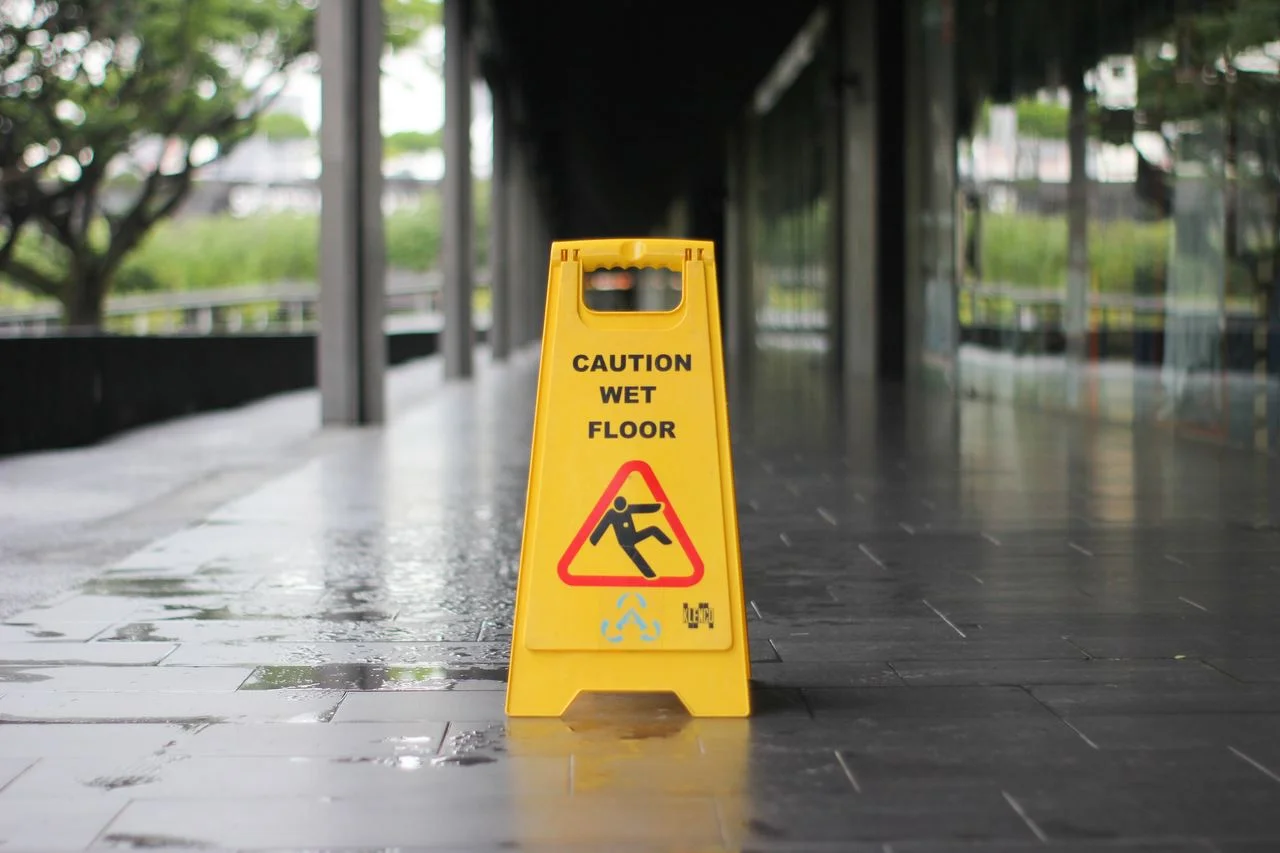Deciphering Property Owners’ Obligations: A Deep Dive into Florida Law

In the beautiful Sunshine State, property ownership comes with more than just the perks of owning a slice of paradise. Florida law sets clear guidelines on the responsibilities and duties of property owners, especially when it comes to ensuring the safety of those on their premises. Whether you’re a property owner or someone visiting a property, understanding these duties is crucial. This guide aims to shed light on these obligations, demystifying the intricacies of Florida’s premises liability laws.
Duty of Care: The Basic Principle
At the heart of Florida’s property law is the principle of ‘duty of care’. In simple terms, property owners have a duty to maintain their premises in a reasonably safe condition, ensuring that visitors are not exposed to foreseeable risks.
Different Visitors, Different Duties
Florida law distinguishes the duty of care based on the type of visitor:
- Invitees: These are individuals invited onto the property for business reasons, like customers in a store. For invitees, property owners must regularly inspect the property and either fix hazards or provide adequate warning about them.
- Licensees: These are social guests, like friends or neighbors. The property owner must warn licensees of known dangers but doesn’t have an active duty to inspect the property for them.
- Trespassers: Generally, property owners owe the least duty to trespassers – individuals who enter without permission. The primary duty is not to intentionally harm them. However, if a trespasser is on the property frequently enough that their presence is foreseeable (for example, children playing), the owner may have a duty to ensure safety.
Specific Obligations Under Florida Law
Several statutes and case laws have outlined specific obligations for property owners:
- Slip and Fall Cases: In Florida, if someone slips and falls due to a transitory substance (like a liquid), the injured party must prove that the property owner knew or should have known about the hazard and failed to address it.
- Adequate Security: Property owners, especially businesses, may be held liable for injuries resulting from foreseeable criminal attacks on their premises if they failed to provide adequate security.
- Dog Bites: While not exclusively tied to property law, it’s worth noting that Florida has a strict liability dog bite statute. This means that dog owners are liable if their dog bites someone, regardless of prior knowledge of the dog’s aggressiveness.
The Value of Proper Maintenance
By keeping their property in top condition, property owners can:
- Minimize Legal Risks: Regularly inspecting and maintaining the property can reduce potential hazards, thereby minimizing the chances of injuries and subsequent legal claims.
- Promote Goodwill: Safe properties can enhance reputation and goodwill among invitees and licensees.
What If There’s an Injury?
If someone gets injured on a property:
- Document Everything: If you’re the injured party, document the hazard, your injuries, and any conversations you have regarding the incident.
- Seek Legal Guidance: Understanding legal rights and obligations can be complex. Consulting a legal expert familiar with Florida’s property laws can provide clarity on the situation.
Conclusion
Florida’s property laws are designed to strike a balance between protecting the rights of visitors and recognizing the realities of property ownership. By understanding the intricacies of these laws, property owners can better navigate their responsibilities, and visitors can better know their rights. As with any legal landscape, knowledge is power, and informed decisions are always the best route forward.

 Call Us Today - It's Free
Call Us Today - It's Free